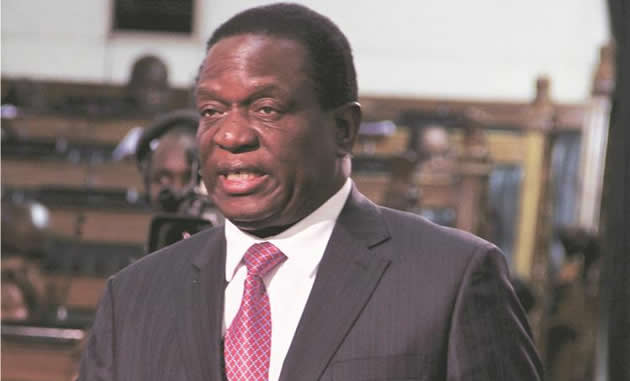South Africa: Mass student revolt is telling

Sipho Seepe Correspondent
Students have argued forcefully that the current dispensation is anti-black, anti-poor and anti-working class. Invoking images of “chaos”, “mayhem” and “turmoil”, media outlets have tried to outcompete one another in their attempts to capture the wave of protests that has engulfed the higher education sector. There is no doubt that the shutting down of at least 14 institutions is unprecedented.
In organisational terms it is no mean achievement – it represents the greatest challenge the sector has had to deal with. Carefully scrutinised, however, there is nothing new about the issues raised by students. These range from concerns around broad transformation to access, redress, institutional culture, curriculum and leadership.
They have been part of the national discourse in the past 20-odd years. Tomes of dissertations have been produced analysing them. It is probably the first time the issues have found organisational expression and have led mass mobilisation. Pointedly, the current uprising is a poignant reminder that academic and intellectual critiques are grossly inadequate to effect any systemic change.
Change becomes possible only through struggle and mass mobilisation. No amount of critique regarding the retention of, or the celebration of, Cecil John Rhodes’ statue, would have led to its unceremonious removal. The second lesson to be read from the current student uprisings is that the narrative of transformation that has been force-fed the country has failed.
This narrative has been robed in the most of seductive phrases – reconciliation, Rainbow Nation, maintenance of standards, excellence. But stripped of all this, it amounts to asking the previously disadvantaged to reconcile with the status quo. Put bluntly, students are saying that this narrative has not brought about any material change in their lives.
They have argued forcefully that the current dispensation is anti-black, anti-poor and anti-working class. And no amount of tinkering with the edges will address their concerns. The rejection of the fee increment is simply a mobilising tool in the same way that the students of 1976 used language as a rallying point.
The uprising also questions whether those who have steered the higher education system in the last two decades and are strategically perched in positions of influence have the wherewithal to bring about the kind of change envisaged in the Freedom Charter or the constitution. Ironically, and perhaps telling, is that the nationwide protests follow barely a week after the 2015 Higher Education Transformation Summit.
The summit was meant to provide an “opportunity to engage on the issue of accelerated transformation in higher education”. Discussions included the very issues that students complain about – remnants of apartheid in the system, student funding, especially for academically deserving students, throughput rates, persistence of discrimination, the role of the private sector and so forth.
An unflattering reading of developments following the summit could be that students do not take such platforms seriously, considering them to be no more than talk shops intended to absorb systemic shocks bedevilling the sector. It could also be a case of poor communication or a reflection of the inadequacy of such interventions in resolving institution-specific challenges.
For instance, at Wits University the crisis is around fee increments, at Rhodes it is about a ridiculously high minimum initial payment, at the University of Stellenbosch it is about institutional racism, while Cape Town University students have been concerned with what they term an anti-poor, anti-black and anti-working class slant. To ensure management is isolated, the students linked their struggles with those of the working poor at their university. In doing so, they enlisted the immediate support of the academic staff and support staff represented by the National Education Health and Allied Workers Union.
Sympathetic support has also come from the Congress of South African Students and the South African Democratic Teachers Union. Perhaps borrowing from past struggles, students ensured that they were not divided along ideological and party political lines. Shoulder to shoulder they stood together – united by their common experience.
It could be argued that some of the management issues are self-created. For instance, expecting students to pay a minimum initial payment of R40 000, or asking for a double-digit fee increment, is asking for trouble. It could only suggest that management has become disconnected from the plight of its students, especially in these hard economic times.
The hastily concocted half-measures taken by university management to defuse the students’ displeasure were never going to work. If anything, they emboldened students to push for more. Interestingly, a group of concerned academics at Wits University has since accused its management of displaying a lack of leadership in handling the crisis. It would seem that a new narrative is beginning to take form.
The new narrative, though inchoate, rejects the frameworks which have so far guided higher education in the past 21 years. It is a narrative that seeks to disrupt the norm which has so far weighed heavily against the poor and black. Beyond the fee increment matter, students are agitating for the decolonisation of higher education. – Sunday Independent .









Comments